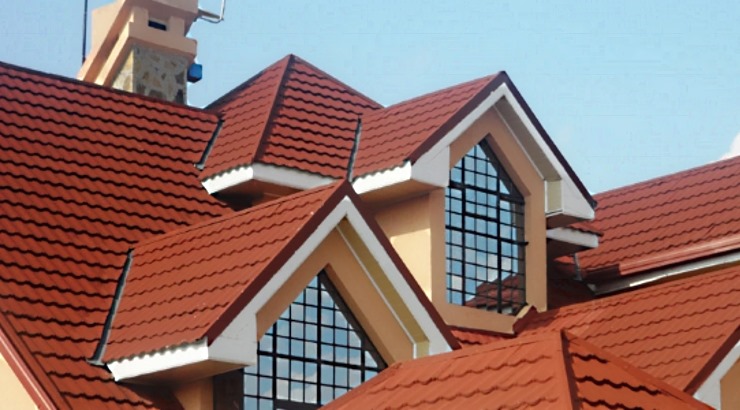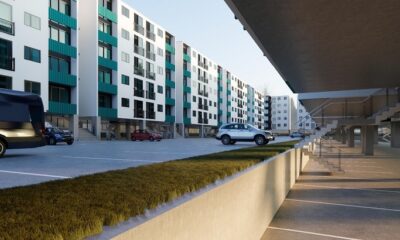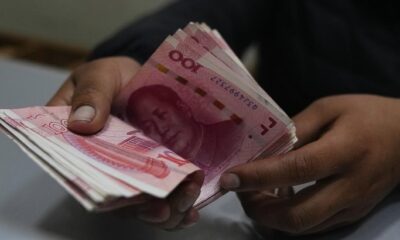Company News
Global roofing giant eyes big fortunes in Kenya real estate
Roofing giants are increasingly finding Kenya as a great investment destination.

Kenya, the largest economy in East Africa, continues to attract a high number of global roofing companies seeking to tap into the country’s booming real estate industry.
The roofing giants are increasingly finding Kenya as a favourable investment destination thanks to the country’s rapidly expanding middle class that has a refined taste for high quality products.
South Korean steel roof tile maker Feroof is an example of the global firms that are aggressively marketing their roofing products in Kenya in a bid to establish a local presence.
The company, which commands 5 per cent of South Korea’s stone chip-coated steel-roof market, is setting up roofing tile plant in Kenya as it seeks to increase its revenues locally.
Park Seo Jeong, Feroof’s CEO was earlier quoted by local media as saying: “We have laid down a strategy to enter the [Kenyan] market with a view to increasing Feroof’s revenue locally”.
He was speaking during a visit to Galaxy Heritage Ltd., the main distributors of Feroof tiles in east and central Africa.
READ: Korean firm Feroof to open roof tile plant in Kenya
Feroof follows the steps of Tile & Carpet Centre, which last year opened a roofing tile plant in Athi River. The plant manufactures Tactile —a stone coated steel roofing tile— which is sold regionally.
The factory, which produces up to 12,000 roof tiles a day, is the first of its kind in Eastern Africa as most tile sellers in Kenya rely on imports, according to Sachin Sanghrajka, the director of Tile & Carpet Centre.
The roofing tiles that are made using Korean technology and Italian raw materials are said to be more durable than traditional galvanised steel and lighter than clay tiles.
Tactile comes in three profiles; shingle, shake and classic, across a range of 18 different colours.
Locally manufactured tiles are cheaper, readily available and easily distributed countrywide, giving the manufacturers competitive edge over importers.












